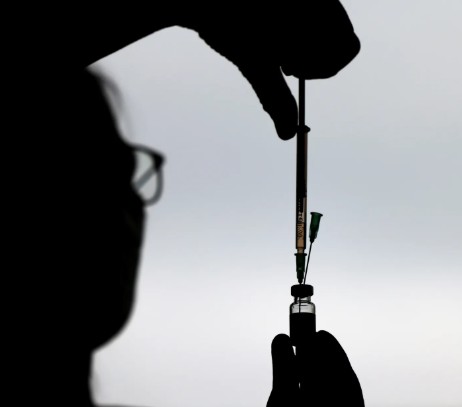Opinion: Canada’s Euthanasia Expansion, Slouching Toward a Death Ethic

We’ve arrived at a troubling crossroads. Canada is advancing euthanasia, or Medical Assistance in Dying (MAiD), into morally dark territory targeting more than just the terminally ill. With over 90% of unborn babies with Down syndrome being aborted, and now the government looking to expand euthanasia even to those with vaccine injuries, we must ask: Are we devaluing lives that do not fit society’s idea of “productive”?
We live in a society where it’s becoming easier to access death than to receive proper care especially for the most vulnerable.
Ethical and Human Rights Alarm Bells
External scrutiny is mounting. An investigation revealed that Canada’s euthanasia laws are among the most permissive in the world, now available not just to the terminally ill but to individuals with unmanageable suffering even when their pain might be mitigated through better social assistance, housing, or mental health support .
Alarmingly, Canada’s euthanasia program may inadvertently be pushing non-terminal, often disabled, individuals toward choosing death due to systemic neglect. Ontario data shows that many euthanized persons, particularly those not near death, came from disadvantaged backgrounds.
In one stark case, a man with a COVID vaccine injury a disability caused by a medical intervention was approved for assisted death, revealing how easily suffering can be pathologized when it’s rooted in a healthcare system failure.
This isn’t abstract speculation. The UN Committee on the Rights of Persons with Disabilities has condemned Canada’s system for being structurally ableist providing death rather than life-supporting remedies and strongly opposing its planned 2027 expansion, which includes mental illness as a sole condition for euthanasia.
Slippery Slope: When Death Outpaces Care
The broader narrative is disturbing. As our society grows older and health systems strain, MAiD becomes a costly shortcut financially and existentially for governments that would rather see an end than invest in care.
Add to this the delay of just a few years to 2027 for allowing euthanasia solely on grounds of mental illness, and we’re watching a regulated decline of life’s value. Critics including MPs like Tamara Jansen are pushing back, introducing bills to halt this expansion, warning that from March 27, 2027, people suffering from common conditions like depression could walk into a doctor’s office and die with minimal oversight..
Only God Gives and Sustains Life
From a biblical standpoint, life is a sacred gift from God. Our Lord is described in Acts 17:28 as giving not only life but being its very “in Him we live and move and have our being.” To circumvent that design and justice is not just medical it’s spiritual rebellion.
When society begins telling struggling individuals that “you’re better off dead,” we echo the cries of ancient civilizations that worship death over deliverance. We run the risk of echoing false idols that cheapen life.
Let’s Uphold Life, Not Expedite Death
We must urgently redirect resources toward:
Affordable housing and robust palliative care
Accessible mental health services
Inclusive policies centered on inherent human dignity not convenience
A Christian ethic says: Let’s heal, not kill; let’s support, not abandon; let’s love especially those whom society deems unworthy.
Let’s ensure that the most vulnerable don’t become the easiest exit.
